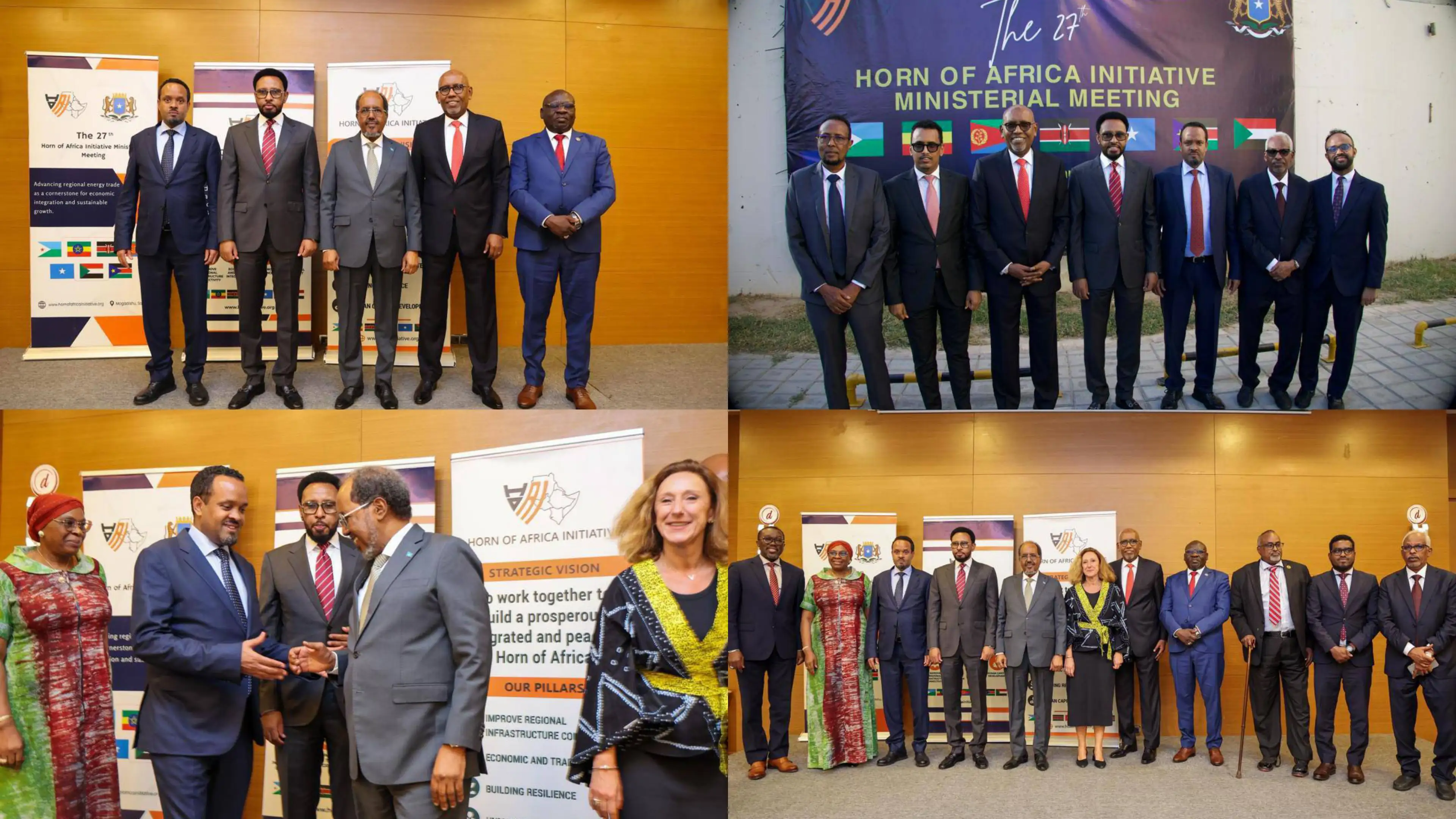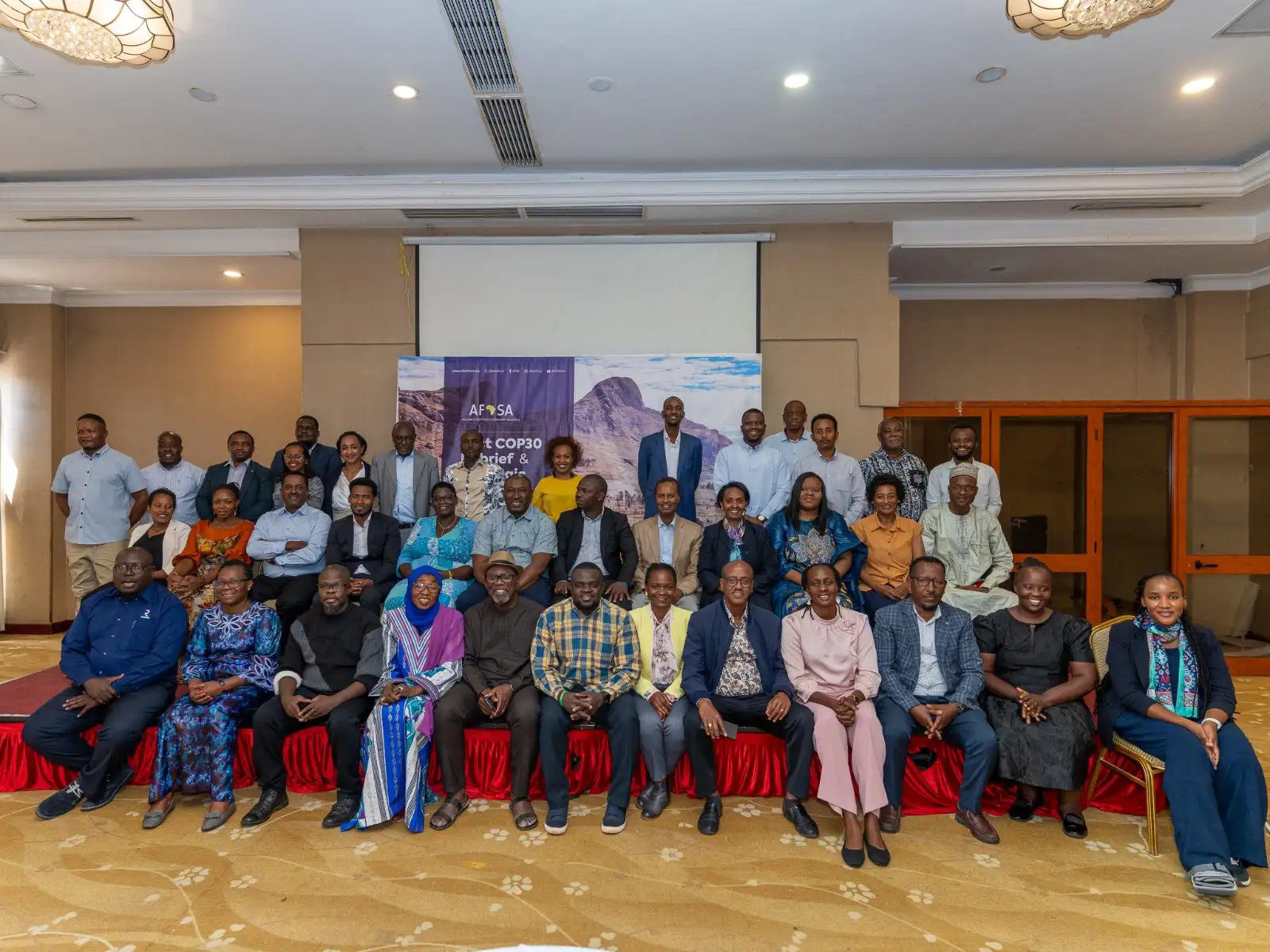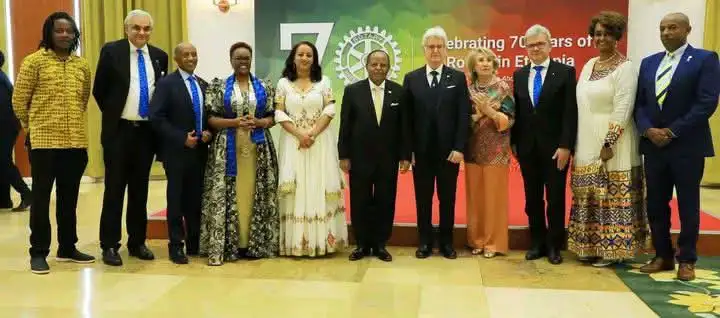Ethiopian Foreign Minister Dr. Gedion Timothewos asserted that the current tensions between Ethiopia and Eritrea are not rooted in Ethiopia’s aspiration for a maritime outlet, dismissing claims that the Red Sea issue is the sole cause of the strained relations.
Speaking at a foreign relations policy forum, the Minister offered a comprehensive historical analysis, arguing that the conflict between the two nations is a recurring feature of the Horn of Africa's tumultuous landscape, dating back to the mid-20th century.
Dr. Gedion directly challenged what he called a "superficial understanding" by some foreign observers who link the current crisis to Ethiopia's push for sea access.
"Such claims are difficult to square with the historical record," he stated, noting that the Eritrean government demonstrated hostility even toward previous Ethiopian administrations that had categorically renounced all maritime claims.
He highlighted the 1998-2000 war as a case in point: "Eritrea did not launch an all-out military assault against Ethiopian sovereignty in 1998 because the government of the day... had maritime ambitions." He recalled that former Prime Minister Meles Zenawi was on record as aggressively pushing back against local political forces that raised the sea access issue.
The Minister warned against repeating the mistake made during the 1990s war, when the conflict was wrongly framed merely as a border dispute over the town of Badme. Similarly, he cautioned that focusing solely on the Port of Assab as the current "bone of contention" is a "gross oversimplification" that could lead to "wrong and unhelpful prescriptions."
Dr. Gedion stressed that to understand the current situation, one must recognize that conflict has been the rule, not the exception, in Ethiopia-Eritrea relations since the 1960s.
The Minister detailed the long history, which included federation, merger, and secession, and numerous conflicts over 73 years.
He cited the 30-year civil war (early 1960s–1991), followed by Eritrea's brief peaceful coexistence with Ethiopia after independence, before war erupted again in 1998.
He reminded the audience that the Eritrea-Ethiopia Claims Commission found Eritrea to be the aggressor in the 1998 conflict.
The subsequent Algiers Agreement ended active warfare but failed to secure a permanent resolution, leaving the nations in a hostile "no-war, no-peace" state for 18 years until 2018.
Despite Ethiopia's "decisive step" in 2018 to reconcile—which included advocating for the lifting of international sanctions on Eritrea—the renewed relationship was "short-lived."
The Minister expressed regret that while the people of both nations demonstrated an "overwhelming will and aspiration" to live in harmony, the Eritrean government did not share this sentiment, which he said clearly shows its "hostility towards peaceful and normal neighborly relations."
Dr. Gedion began his address by painting a difficult picture of the Horn of Africa, where "turmoil, conflict, and mistrust" remain the dominant features despite the region being "richly endowed" with human capital, water resources, fertile land, and mineral deposits.
He concluded by stressing that gaining a correct and deep understanding of the problem is essential before any attempt at a resolution can be made.




